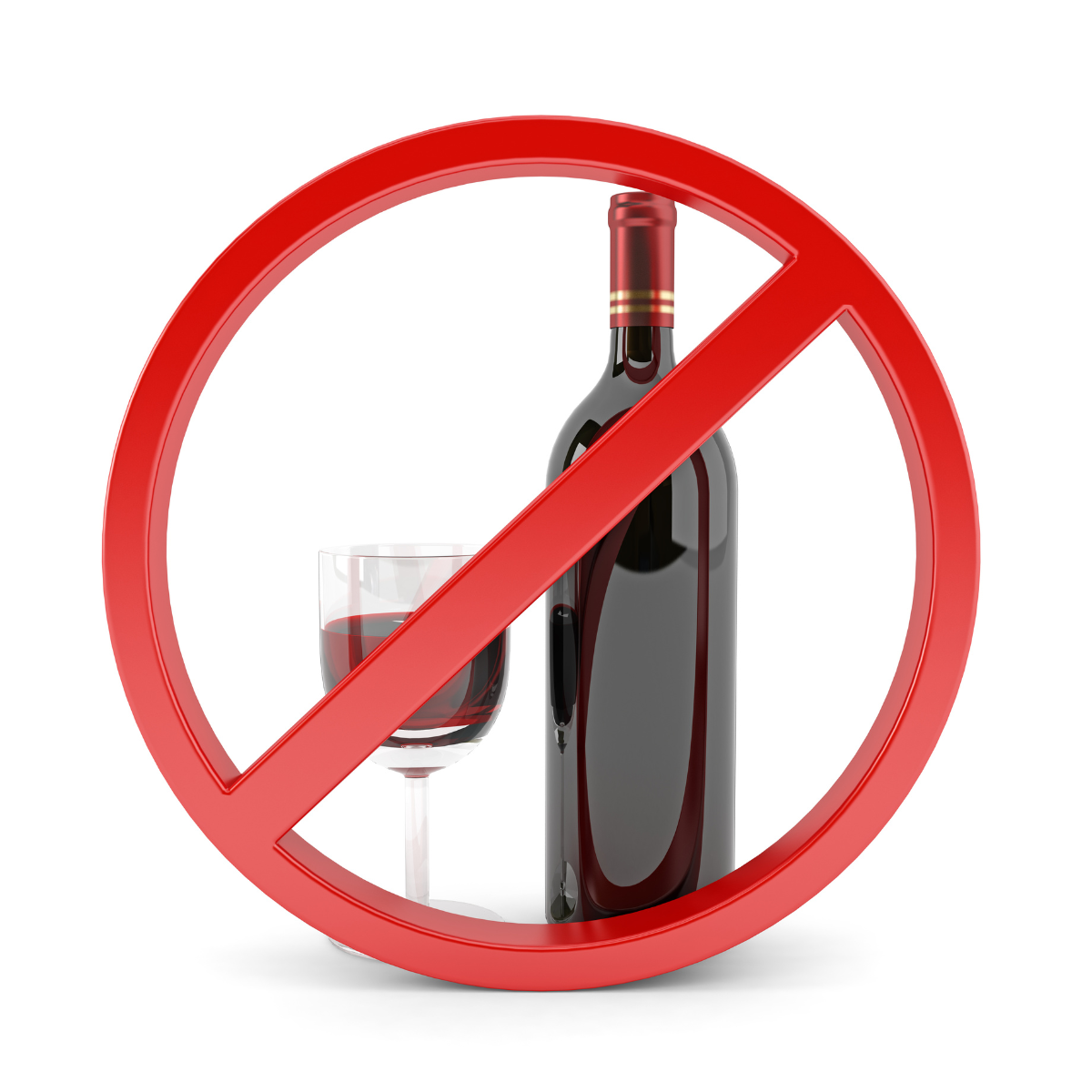
Not too long ago, I would open a nice bottle of wine on the weekend and think nothing of finishing it in one night. Not so much anymore. In recent years, the research on alcohol and its effects on health has gained significant momentum. While moderate consumption is often considered acceptable, the stark reality is that alcohol's impact on cancer risk is far from harmless. Understanding how alcohol negatively impacts many aspects of health can hopefully empower individuals to think twice before pouring another drink. But don’t fret, cause at the end of this blog, I’ll offer proven nutritional strategies for greatly reducing the harm.
Unveiling the Connection
At the heart of the matter is how alcohol interacts with our body on a cellular level. When alcohol is metabolized, it's converted into a substance called acetaldehyde, a toxic chemical that can damage DNA and prevent cells from repairing this damage. This is what lays the groundwork for cancer to develop, as acetaldehyde toxicity encourages cells to begin to grow uncontrollably.
Furthermore, alcohol can impair the body's ability to break down and absorb essential nutrients, such as vitamins A, C, D, E, and folate, along with minerals like zinc and iron[1]. These nutrients are crucial for maintaining healthy cells and supporting immunity, which, when compromised, increases cancer risk.
The Broad Spectrum of Risk
Research has consistently shown that alcohol consumption is linked to an increased risk of several types of cancer, including but not limited to, breast, liver, esophageal, colorectal, and head and neck cancers[2]. The risk escalates as the alcohol consumed increases, making moderation—or better yet, abstention—a key strategy for risk reduction[3].
Key Action Steps for a Healthier You
Those who have a family history of cancer, or those looking to minimize their cancer risk, here are five practical steps to consider:
- Rethink Your Drink: Gradually reduce alcohol intake, starting with smaller portions or lower-alcohol options. Aim for several alcohol-free days each week.
- Hydrate More: Replace alcoholic beverages with hydrating, healthful alternatives like water, herbal teas, or infused water with fruits, and if you do drink, make sure to consume a glass of water after every drink.
Nutrient-Rich Diet: Focus on a diet rich in fruits (primarily dark berries), vegetables (think green and leafy), healthy fats (grass fed butter and ghee, organic coconut oil, cold pressed olive oil and avocados) and lean proteins (non-soy and non-processed plant-based protein sources, grass fed meats, game meat, free range poultry, free range eggs, fish, etc.) to support your body's natural defenses against cancer.
Stay Active: Regular exercise significantly lowers the risk of several cancers, including breast, prostate, colon, endometrium, and potentially pancreatic cancer, through several means including; weight control, hormonal regulation, lowered insulin, and improved immune function.
Mitigating the Effects of Alcohol: A Proactive Approach
While reducing or eliminating alcohol intake is the most straightforward strategy to lower cancer risk, for those who do choose to drink, there are ways to help mitigate the harmful effects of alcohol on the body. To achieve this, you need to help the body process and eliminate the acetaldehyde effectively.
The body’s natural defense against acetaldehyde, is a compound called glutathione. Think of glutathione as the body's cellular maid, mopping up toxic substances and making them less dangerous. The problem is, alcohol can deplete glutathione levels, leaving us vulnerable to damage. This is where supplements like reduced glutathione (GSH), N-acetylcysteine (NAC), vitamin C, and B vitamins come into play[4].
NAC is a precursor to glutathione, meaning it helps your body make more of this vital cleaner. Vitamin C and B vitamins, on the other hand, bolster the body's overall detoxification processes and aid in the regeneration of glutathione. By taking these supplements before and after drinking, you can help replenish your body's supply of glutathione, enabling it to better neutralize acetaldehyde and reduce its harmful effects[5].
Remember, though, while these supplements can help mitigate some of the risks, they don't eliminate them. The best approach to reducing alcohol-related cancer risk is to drink in moderation or not at all. However, if you do choose to drink, supporting your body's detoxification system with these supplements can be a beneficial step.
Remember
Reducing alcohol may not be easy for everyone, but it's a powerful step towards reducing your cancer risk. By understanding the underlying risks and implementing practical steps towards a healthier lifestyle, individuals can significantly impact their long-term health outcomes.
References:
[1] Firth G. How Alcohol Affects You. UC San Diego (Student Health Services). Accessed February 11, 2024. https://studenthealth.ucsd.edu/resources/health-topics/alcohol-drugs/nutrition-endurance.html
[2] National Cancer Institute. Alcohol and Cancer Risk. [https://www.cancer.gov/about-cancer/causes-prevention/risk/alcohol/alcohol-fact-sheet].
[3] World Health Organization. Alcohol and Cancer. [https://www.who.int/news-room/fact-sheets/detail/alcohol].
[4] Bailey SM, et al. Chronic Glutathione Depletion Confers Protection against Alcohol-induced Steatosis: Implication for Redox Activation of AMP-activated Protein Kinase Pathway. Scientific Reports. 2016; 6:29743. DOI: 10.1038/srep29743.
[5] Seiva FR, et al. Effects of N-acetylcysteine on alcohol abstinence and alcohol-induced adverse effects in rats. Alcohol. March 2009; 43(8): 649-656. DOI: 10.1016/j.alcohol.2009.09.028. PubMed PMID: 20004343.



